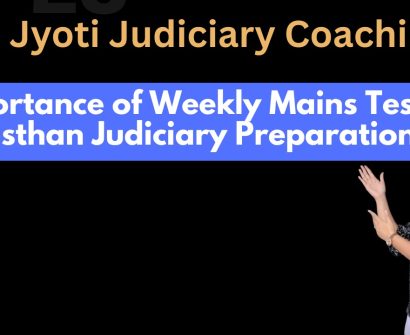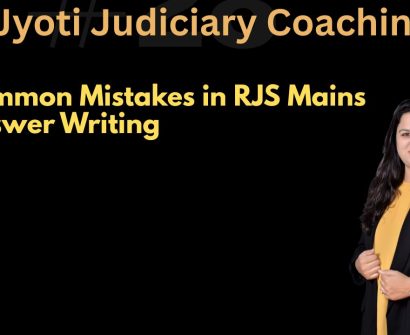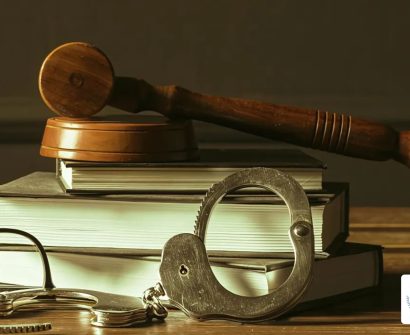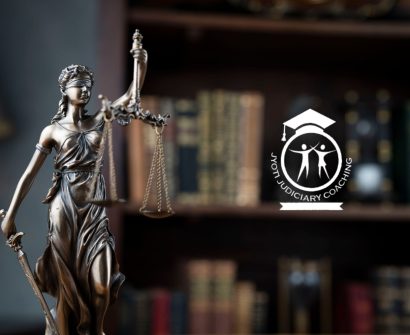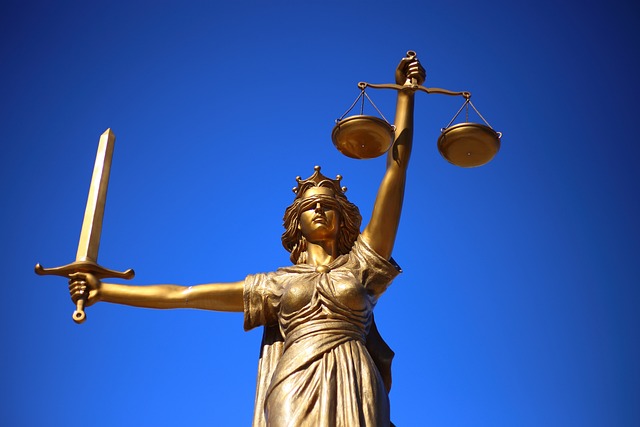
Introduction
The rights of homosexual couples in India have undergone a remarkable journey over the past few decades. From being criminalized under Section 377 of the Indian Penal Code, 1860 to the decriminalization of consensual same-sex relationships, the country has witnessed significant legal and societal progress. This article aims to explore the journey of rights for homosexual couples in India, highlighting Indian laws, and provisions that have shaped this transformative process.
Historical Context
Homosexuality has a long history in India, with references to same-sex relationships found in ancient texts like the Kama Sutra. However, the British colonial era introduced Victorian morality, leading to the criminalization of homosexuality. Section 377, enacted in 1861, deemed any sexual activity “against the order of nature” as a criminal offense.
Decriminalization of Section 377 IPC
The fight for LGBTQ+ rights gained momentum in the late 20th century, with several landmark case laws challenging the constitutionality of Section 377.
One of the most significant cases was the Naz Foundation v. Government of NCT Delhi (2009), where the Delhi High Court declared Section 377 unconstitutional to the extent it criminalized consensual same-sex relationships. This judgment marked a crucial turning point in the struggle for LGBTQ+ rights in India.
However, in 2013, the Supreme Court of India overturned the Delhi High Court’s decision in Suresh Kumar Koushal v. Naz Foundation, reinstating Section 377 or criminalising homosexuality again. This setback sparked widespread protests and renewed efforts to challenge the law.
The fight against Section 377 gained momentum with public awareness campaigns, advocacy by LGBTQ+ organizations, and support from human rights activists. In 2016, a group of individuals
and organizations filed a fresh petition challenging Section 377. This led to the landmark judgment of Navtej Singh Johar v. Union of India (2018), where the Supreme Court unanimously struck down Section 377 as unconstitutional, decriminalizing consensual same-sex relationships.
The Court gave following primary reasons to strike down Section 377, IPC.
- The court held that Section 377 violated the fundamental rights guaranteed under Articles 14 (right to equality), 15 (prohibition of discrimination), 19 (freedom of speech and expression), and 21 (right to life and personal liberty) of the Indian Constitution.
- The court emphasized that sexual orientation is an essential attribute of privacy, dignity, and freedom of an individual, and any discrimination based on sexual orientation is a violation of fundamental rights. The court recognized that Section 377 perpetuated stigma, discrimination, and marginalization against the LGBTQ+ community, leading to their denial of basic human rights.
- The judgment also highlighted the importance of inclusivity, diversity, and the evolving understanding of human sexuality. It emphasized that constitutional morality should prevail over societal morality and that the rights of minorities cannot be subjected to the tyranny of the majority.
- Furthermore, the court acknowledged the changing global perspective on homosexuality and referred to international jurisprudence that recognized the rights of LGBTQ+ individuals. It noted that several countries had decriminalized homosexuality and provided legal recognition to same-sex relationships.
Status of Other Rights available to Homosexual Couples
The decriminalization of homosexuality was a significant victory, but it was just the beginning of the journey towards full legal recognition and rights for homosexual couples in India. The recognition of same-sex relationships, including marriage or civil partnerships, remains a contentious issue.
In 2020, the Delhi High Court recognized the rights of same-sex couples to live together and granted them protection under the Domestic Violence Act. This judgment acknowledged the need for legal recognition and protection for LGBTQ+ relationships.
In 2023, the Supreme Court in Supriyo v. Union of India refused to recognize these couples as married couples though directed the government to come with a suitable legislation to recognize and uphold their constitutionally protected rights.
It is to be noted that as of now there is no legislation in India which recognizes matters such as inheritance, succession, adoption, availing surrogacy techniques concerning homosexual couples. The Transgender Persons (Protection of Rights) Act, 2019, though aims to protect the rights of transgender individuals, but it falls short in addressing the specific needs and rights of homosexual couples. There is a pressing need for legislation that recognizes same-sex relationships and provides equal rights and protections.
Conclusion
The journey of rights for homosexual couples in India has seen significant strides towards equality and acceptance. From the criminalization of homosexuality to its decriminalization, the legal landscape has evolved through landmark case laws and societal activism. While the decriminalization of consensual same-sex relationships is a monumental achievement, there is still much work to be done to ensure full legal recognition and rights for homosexual couples in India. Legislative measures are necessary to provide equal rights and protections to all individuals, irrespective of their sexual orientation or gender identity. Only through inclusive laws can India truly embrace diversity and uphold the principles of equality and justice for all.
The topic is of immense significance for judiciary aspirants. There are continuous, ongoing debates and discussions regarding the recognition and acknowledgment of their rights and status. This makes it a topic of contemporary relevance. It includes various laws of the country and directly forms part of the syllabus for judiciary exams. That is why the topic is very much recommended by the judiciary coaching to be prepared by the aspirants. Also, the judiciary coaching recommends that it have a very high probability of being asked in the essay part.

